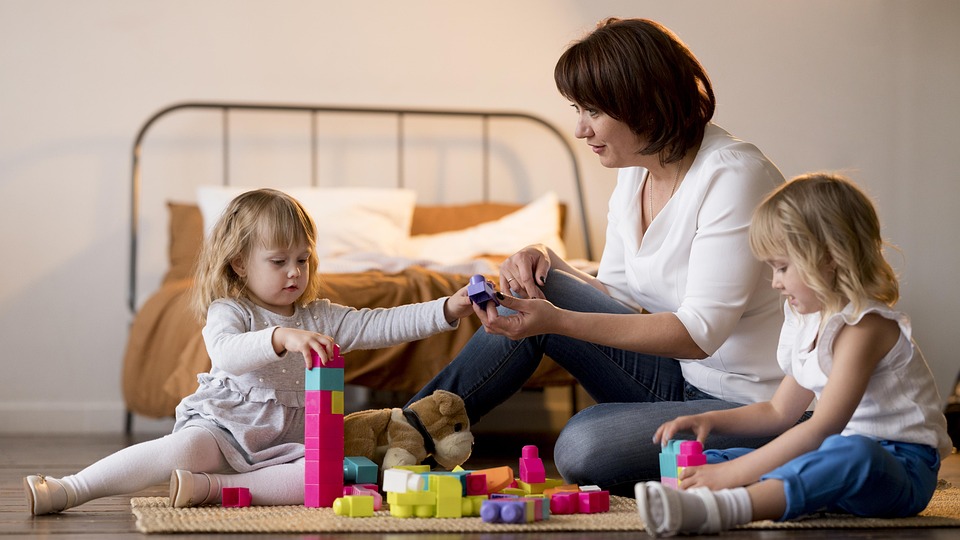
Raising a kitten is not only a joyful experience but also a responsibility that requires patience, consistency, and a lot of love. Playtime is a critical component of a kitten’s development, helping them grow into healthy, well-adjusted cats. This article provides valuable insights and practical advice for both new and experienced cat owners on how to master kitten playtime effectively.
Understanding the Importance of Playtime
Playtime is not just about having fun; it is crucial for a kitten’s physical, mental, and social development. Engaging in play helps kittens develop their motor skills, enhances their coordination, and strengthens their muscles. It also serves as a great outlet for their energy, reducing the likelihood of behavioral problems. Moreover, playtime enables kittens to learn important social skills, such as bite inhibition and appropriate use of claws.
Choosing the Right Toys
Interactive Toys
Interactive toys are excellent for stimulating a kitten’s mind and encouraging physical exercise. Toys like feather wands, laser pointers, and motion-activated toys can mimic prey, triggering a kitten’s natural hunting instincts. These toys not only keep your kitten entertained but also help in developing their agility and reflexes.
Solo Play Toys
Providing toys that a kitten can play with on their own is equally important. Balls with bells, stuffed mice, and puzzle toys dispense treats or kibble as the kitten plays, offering both mental and physical stimulation. Ensure these toys are safe, without small parts that can be swallowed.
Rotating Toys
To keep your kitten interested, rotate toys regularly. Kittens can quickly lose interest in toys they see every day, so hiding some toys for a week or two and then reintroducing them can make them seem new and exciting.
Creating a Safe Play Environment
Kitten-Proofing Your Home
Before playtime, ensure your home is safe for your kitten. Remove any small objects that could be swallowed, secure electrical cords, and ensure windows and balconies are securely screened to prevent falls. Check for any spaces where a curious kitten might get stuck.
Supervised Playtime
Always supervise play sessions, especially when introducing new toys. This helps prevent accidents and allows you to intervene if play gets too rough. It’s also a great way to bond with your kitten.
Encouraging Positive Behaviors
Reward-Based Training
Incorporate small training sessions into playtime using positive reinforcement. Reward your kitten with treats or affection for good behavior, such as using the scratching post or responding to their name. This helps reinforce desired behaviors and strengthens your bond.
Discouraging Rough Play
While kittens naturally engage in rough play, it’s essential to discourage biting and scratching directed at humans. Redirect their energy towards toys and cease interaction if they become too aggressive. Over time, they will learn the boundaries.
Promoting Mental Stimulation
Introducing New Challenges
Just like humans, kittens benefit from mental challenges. Introduce puzzle feeders or toys that require problem-solving. This not only keeps them entertained but also helps develop their cognitive abilities.
Exploration and New Experiences
Allow your kitten to explore new environments safely. If possible, set up a small, secure outdoor enclosure or take them for short walks on a harness. New sights, sounds, and smells provide additional mental stimulation.
Maintaining a Balanced Routine
Consistent Playtime
Establish a regular playtime routine to help your kitten know what to expect each day. Kittens thrive on routine, and consistent play sessions can help reduce stress and anxiety. Aim for short sessions multiple times a day, as kittens have short attention spans.
Rest and Relaxation
While play is crucial, so is rest. Ensure your kitten has a quiet, comfortable space to relax and sleep. Adequate rest is vital for their growth and development.
Understanding Your Kitten’s Personality
Observing Preferences
Every kitten is unique, with its own preferences and energy levels. Pay attention to what types of play your kitten enjoys and tailor your sessions accordingly. Some kittens are more active, while others prefer gentle play.
Adapting to Changes
As your kitten grows, their interests and energy levels may change. Be flexible and adapt your playtime strategies to meet their evolving needs.
Socializing Your Kitten
Introducing Other Pets
If you have other pets, introduce them to your kitten gradually and under supervision. Positive interactions with other animals can enhance social skills and reduce fear or aggression.
Human Interaction
Encourage interactions with different people to help your kitten become well-socialized. Gentle handling and play with various individuals can prevent shyness or aggression in adulthood.
Conclusion
Mastering kitten playtime is an essential part of raising a healthy and well-behaved feline. By providing a safe environment, choosing the right toys, encouraging positive behaviors, and maintaining a balanced routine, you can ensure your kitten grows into a happy, healthy adult cat. Remember, the time and effort you invest in your kitten’s playtime will pay off in the form of a lifelong bond filled with joy and companionship.
#ChatGPT assisted in the creation of this article.








